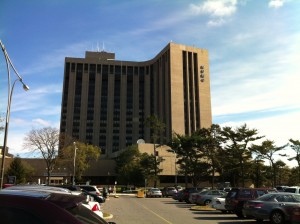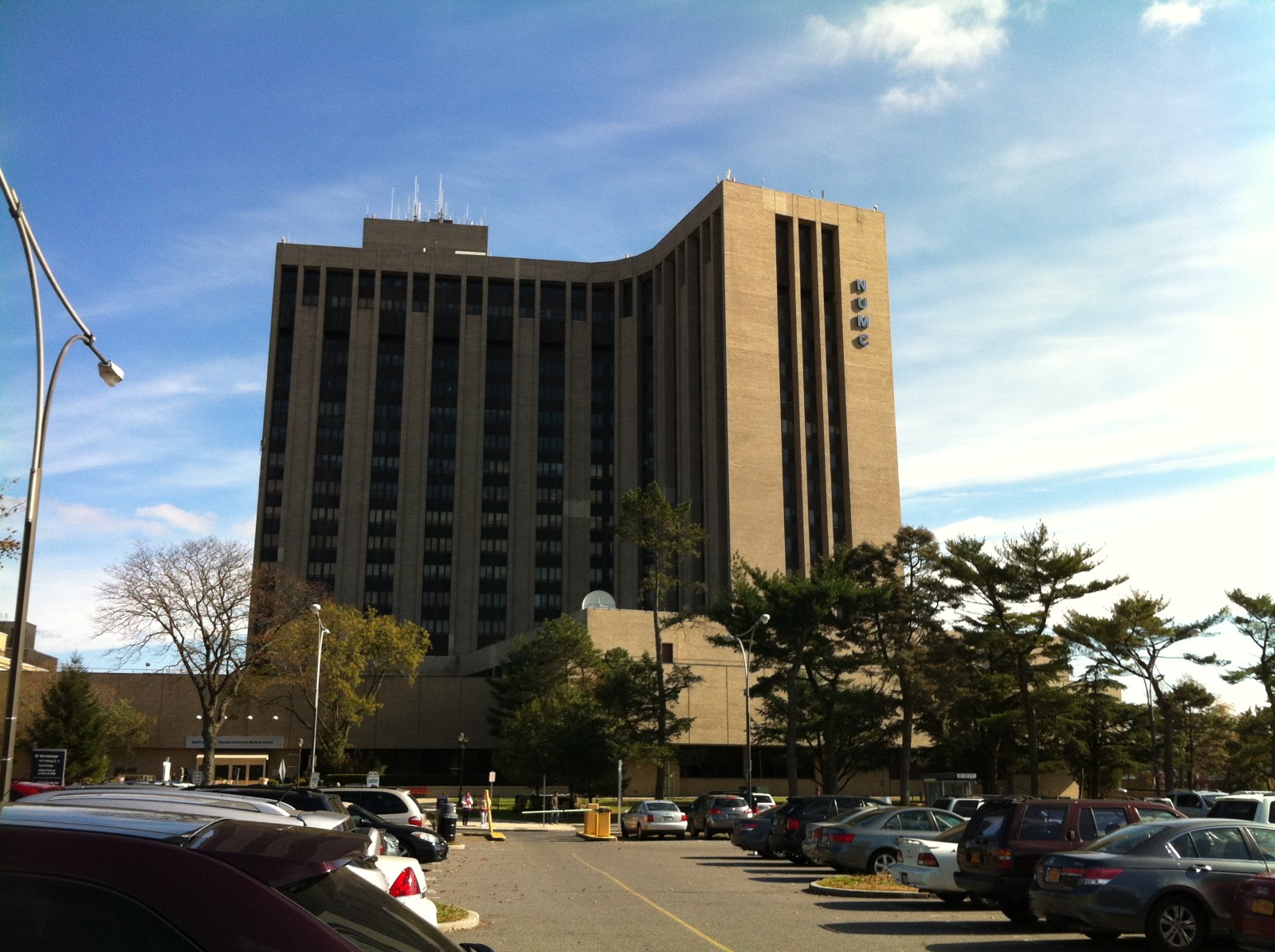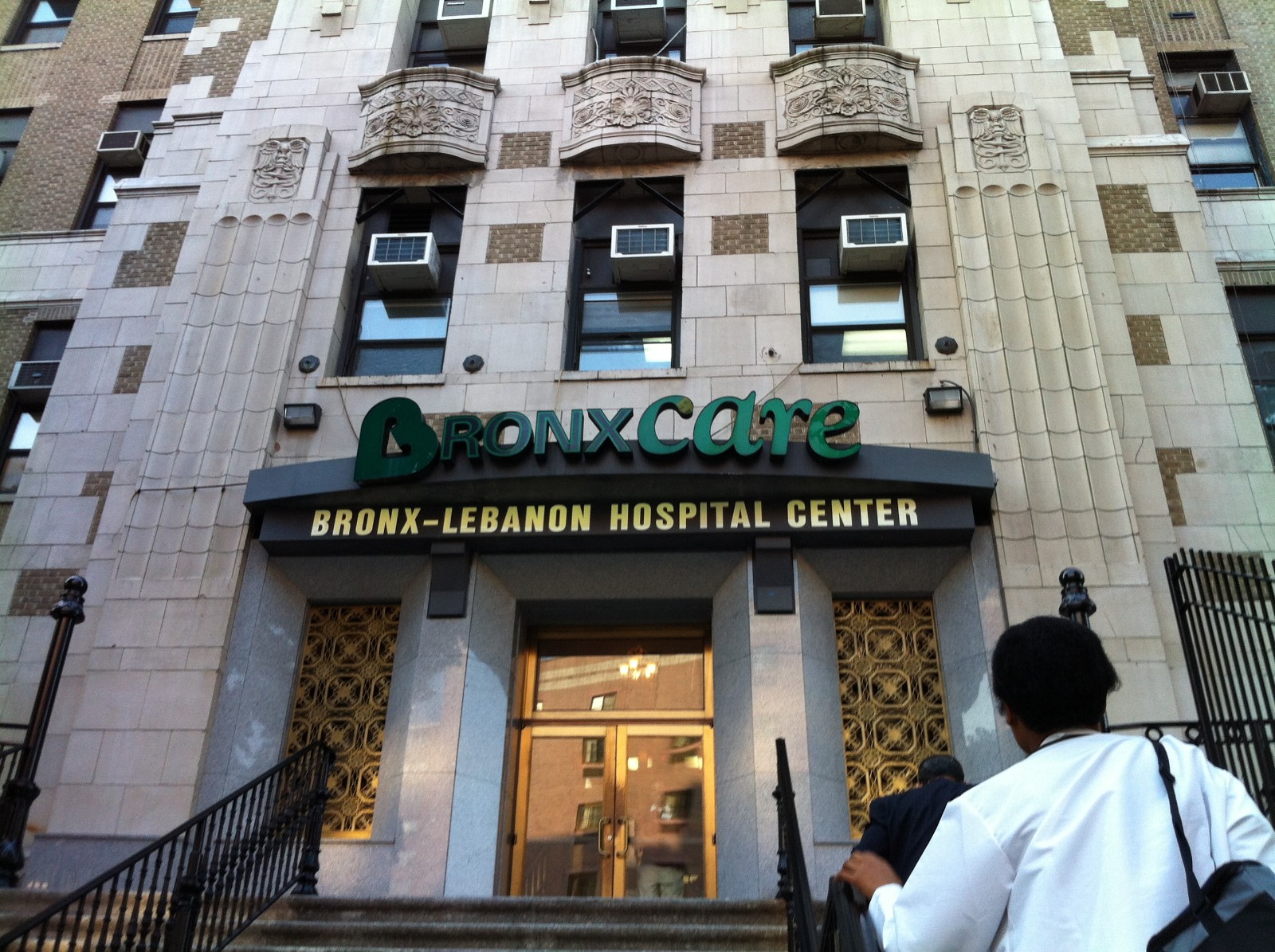Emergency Medicine at Nassau University Medical Center

For my last four weeks of clinical rotations for medical school, I headed back up to Nassau University Medical Center (NUMC) in Long Island to complete a rotation in Emergency Medicine. I wanted to do this rotation for several reasons. To begin with, I really like Nassau University Medical Center and had a good impression of the clinical site when I did Endocrinology there back in November. Emergency Medicine is also a useful rotation to do for those who are interested in pursuing family medicine, which is what I want to do. Not to mention, there are a few family medicine residency programs that I have looked into that require applicants to have done a rotation in Emergency Medicine. I have also talked to several of my classmates who have had positive learning experiences with this rotation.
The Emergency Department at NUMC is a Level 1 trauma center, so as a student, you’ll see and participate in many severe cases. I saw car wrecks, police chase injuries, and gun shot wounds, and performed CPR on several patients. The Nassau County Police Department works very closely with NUMC, and the police that go through here are specially trained to handle emergency medicine situations. Because of the close relationship between the hospital and the police, NUMC is the main hospital where the Nassau County prisoners and fresh-caught criminals go during an emergency. Because of the location between NYC and suburban Long Island, you also see a very wide range of cases and treat a diverse demographic of patients.
What is the schedule like?
Emergency Medicine at NUMC is a 4-week rotation. Each week, you work either three or four days out of the week, 12 hours each shift. Most shifts are either from 8am-8pm or noon-midnight. You will have a mix of both. In addition, you will be scheduled to do a night shift (8pm-8am). You’ll often work with a smaller crew on night shifts, and get the drunk patient crowd. On days that you work until midnight or do night shift, you won’t be scheduled for a work day the following morning. i.e., get some rest!
During the 4 week rotation, three of the weeks will be spent with either Team A or Team B of the emergency department. One week will be spent in the Fast Track, which is the urgent care part of the ER where you see minor day-clinic type cases. I particularly liked Fast Track because of its similarity to family medicine, and the attendings there also gave me lots of autonomy to see patients on my own and would listen to my input on assessment and plan.
Are there lectures?
There are lectures twice a week, and they usually last about two hours each. They are taught by ER attendings, and cover useful topics like EKG, ACLS, shock, emergency resuscitation, stroke, and chest trauma.
Do you get to do much?
It depends on the attending in charge of the team you are working with that day. Some attendings only want you to shadow, while others give you tons of autonomy to see patients. There will be a different attending for every shift you do. Most of the time, though, you will not be working directly with the attending, but with either a resident or a PA, and they usually want you to help them see patients, draw bloods, put in IVs, suture, and other procedures and tasks for them. You’ll get tons of practice with these basic skills.
How are you graded?
You are given an evaluation booklet, which needs to be filled out and signed by the attending-in-charge for each shift you work (not the resident). Since most students don’t work directly with the attending, but instead work with the resident or PA, the attending will often ask the resident or PA you worked with how you did, and then fill out the evaluation of that day accordingly. There are some attendings, however, who are really enthusiastic about teaching students and so you may work with them directly. In addition to this daily evaluation booklet (which also acts as your attendance log), you will be asked by the rotation coordinator to choose one attending to fill out your final evaluation form for the entire rotation and give you a grade. Preferably this attending should know who you are and have a good impression of you, and you can figure out who this is by looking back at your daily evaluation booklet. Since emergency medicine is not a core rotation, AUC students are not required to take an NBME shelf exam for emergency medicine.
What is the dress code?
Scrubs of any color and a short white coat.














Hey Benj,
Great post. After reading your post on Endocrinology at NUMC, I took your advice and completed 4 weeks with Dr. Hupart. You were absolutely right – awesome rotation. Seeing that your recommendations are pretty accurate, I have decided to follow in your footsteps, and I have a 4 week ER elective scheduled for next month (Feb, 2014). Looking forward to it! Best of luck in the Match my friend!
Hey Burton! Dr. Hupart is great! I’m glad you enjoyed your rotation, and hope you get a lot out of your ER rotation too. Best of luck on the match too!
Benji